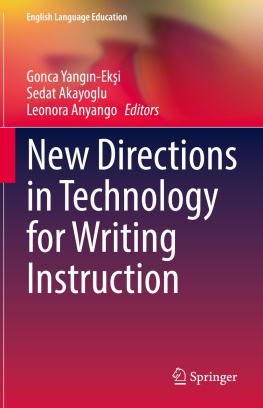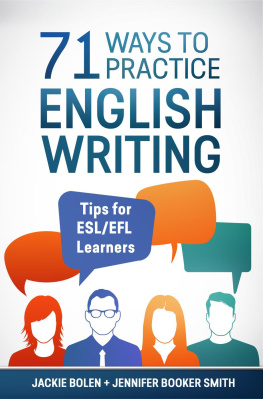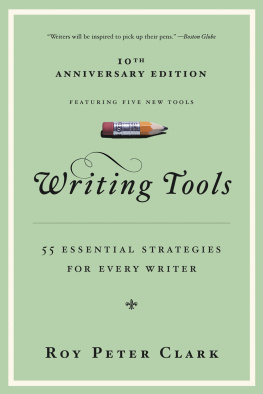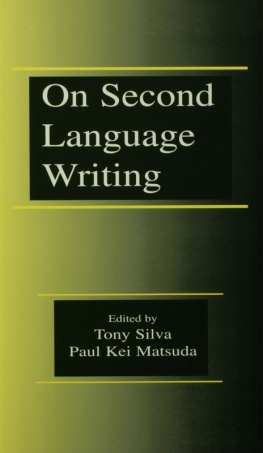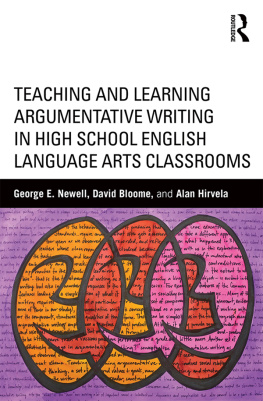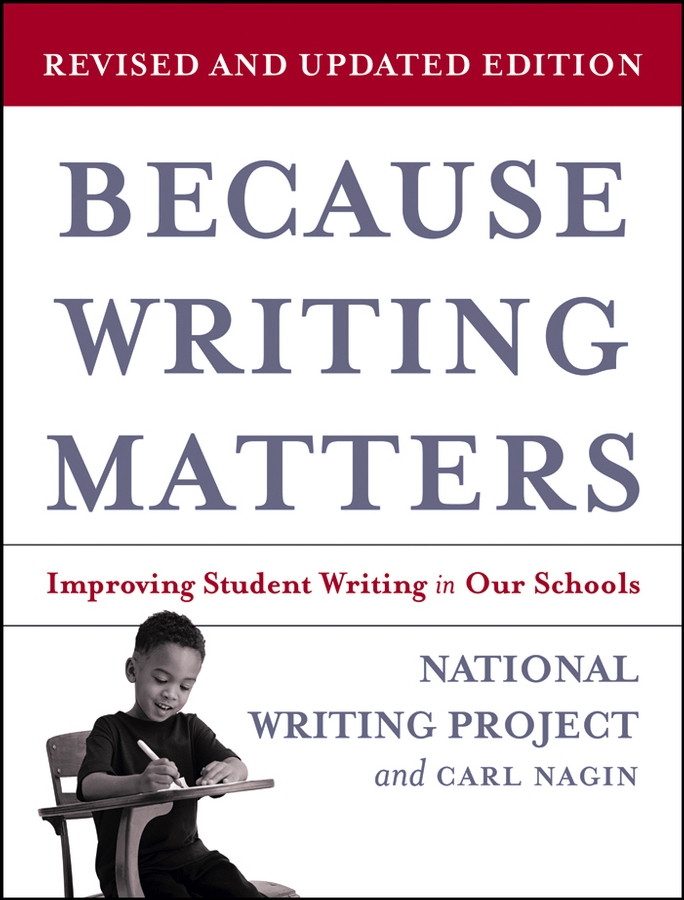CONTENTS

Copyright 2006 by John Wiley & Sons, Inc. All rights reserved.
Published by Jossey-Bass
A Wiley Imprint
989 Market Street, San Francisco, CA 94103-1741 www.josseybass.com
No part of this publication may be reproduced, stored in a retrieval system, or transmitted in any form or by any means, electronic, mechanical, photocopying, recording, scanning, or otherwise, except as permitted under Section 107 or 108 of the 1976 United States Copyright Act, without either the prior written permission of the publisher, or authorization through payment of the appropriate per-copy fee to the Copyright Clearance Center, Inc., 222 Rosewood Drive, Danvers, MA 01923, 978-750-8400, fax 978-646-8600, or on the Web at www.copyright.com . Requests to the publisher for permission should be addressed to the Permissions Department, John Wiley & Sons, Inc., 111 River Street, Hoboken, NJ 07030, 201-748-6011, fax 201-748-6008, or online at www.wiley.com/go/permissions .
Limit of Liability/Disclaimer of Warranty: While the publisher and author have used their best efforts in preparing this book, they make no representations or warranties with respect to the accuracy or completeness of the contents of this book and specifically disclaim any implied warranties of merchantability or fitness for a particular purpose. No warranty may be created or extended by sales representatives or written sales materials. The advice and strategies contained herein may not be suitable for your situation. You should consult with a professional where appropriate. Neither the publisher nor author shall be liable for any loss of profit or any other commercial damages, including but not limited to special, incidental, consequential, or other damages.
Readers should be aware that Internet Web sites offered as citations and/or sources for further information may have changed or disappeared between the time this was written and when it is read.
Jossey-Bass books and products are available through most bookstores. To contact Jossey-Bass directly call our Customer Care Department within the U.S. at 800-956-7739, outside the U.S. at 317-572-3986, or fax 317-572-4002.
Jossey-Bass also publishes its books in a variety of electronic formats. Some content that appears in print may not be available in electronic books.
Library of Congress Cataloging-in-Publication Data
National Writing Project (U.S.)
Because writing matters : improving student writing in our schools/National Writing Project and Carl Nagin.2nd ed.
p. cm. (The Jossey-Bass education series)
Includes bibliographical references and index.
ISBN 0-7879-8067-6 (alk. paper)
1. English languageComposition and exercisesStudy and teachingUnited States. I. Nagin, Carl, 1946- II. Title. III. Series.
PE1405.U6N38 2006
808.042071073dc22 2005032612
The Jossey-Bass Education Series
PREFACE
For more than three decades, the core mission of the National Writing Project (NWP) has been to improve writing and learning in our schools by improving the teaching of writing. Through a teachers-teaching-teachers professional development model, the NWP disseminates the exemplary classroom practices of successful teachers to teachers in all disciplines and at all grade levels. The past three decades have also yielded a rich vein of new research about writing: how it is learned, practiced, and assessed; its impact on how children learn to read; and the sociocultural factors that influence its development. Yet surprisingly little of these new data and understanding, some of which originated with the NWP, has reached the general public; nor do these new findings inform much current debate about educational reform. The challenge has been to gather and present this complex body of educational research and hands-on experience to decision makers who may lack the time to sort through it. How does it all translate into an action plan, and how does it fit into a curriculum that must be assessed and achieve results?
The idea for a book that examines the condition of writing in our nations schools developed as the National Writing Project worked with administrators and policymakers in advancing its core mission. Local writing project site leaders have seen the need for such a work, one that would draw on what the NWP has learned about teaching writing and make that knowledge available to a broad audience of policymakers, school administrators, teachers, parents, and others concerned with education reform. NWP directors have observed that among the many books about writing, none synthesizes current research and present the case for teaching writing well in a way that is persuasive to decision makers, administrators, and the general public.
Such a book is no small order. Writing, as many educators have noted recently, remains the silent R in the traditional triad of what students need to learn. Today, there is an urgency to reconsider the relationship of writing to learning as well as the place of writing in our schools as we make every effort to meet our students needs in the information age and prepare them to become informed and active citizens in the twenty-first century.
To examine how the teaching of writing can be improved and to present what is known about effective programs and practices, the National Writing Project asked Carl Nagin, an award-winning journalist and teacher of writing, to research and write this book. As part of that effort, Nagin conducted extensive interviews with principals, district superintendents, teachers, and education researchers to identify the core challenges and issues these educators face in building effective writing programs. The book offers case studies of how teachers and administrators have worked together to meet those challenges, both in individual classrooms and as part of a sustained, schoolwide effort. Because Writing Matters shows how research-based strategies have been developed into successful practice and programs. It makes the case for the importance of writing for those who recognize the need to improve it and seek models for reaching that goal.
Richard Sterling
Executive Director
National Writing Project
THE AUTHORS
The National Writing Project (NWP) is a professional development network dedicated to improving student writing and learning by improving the teaching of writing in U.S. schools. Begun in 1973 at the University of California, Berkeley, the NWP is a steadily growing network of sites189 in 2005in fifty states; Washington, D.C.; Puerto Rico; and the U.S. Virgin Islands. NWP sites use a teachers-teaching-teachers model that draws on the knowledge, expertise, and leadership of successful classroom teachers to serve more than one hundred thousand teachers annually, grades K16, in all disciplines. Numerous research studies demonstrate the success of the NWP model in improving student writing achievement. Support for the National Writing Project is provided by the U.S. Department of Education, foundations, corporations, universities, and K12 schools.
Carl Nagin is a journalist, editor, and teacher. He has worked for the PBS series Frontline, and his articles have appeared in such national publications as the New Yorker , the New York Times , and Art and Antiques . A four-time recipient of grants from the National Endowment for the Humanities, Nagin has received awards for his teaching, research, and documentary films. He taught writing at the high school and college levels for more than fifteen years as a faculty member at Harvard University and at the New England Conservatory of Music, where he directed the freshman writing program. As an editor, he has worked on K12 curriculum projects for the Massachusetts Department of Education and for the Developmental Studies Center in Oakland, California. Nagin currently resides in Berkeley, California.



